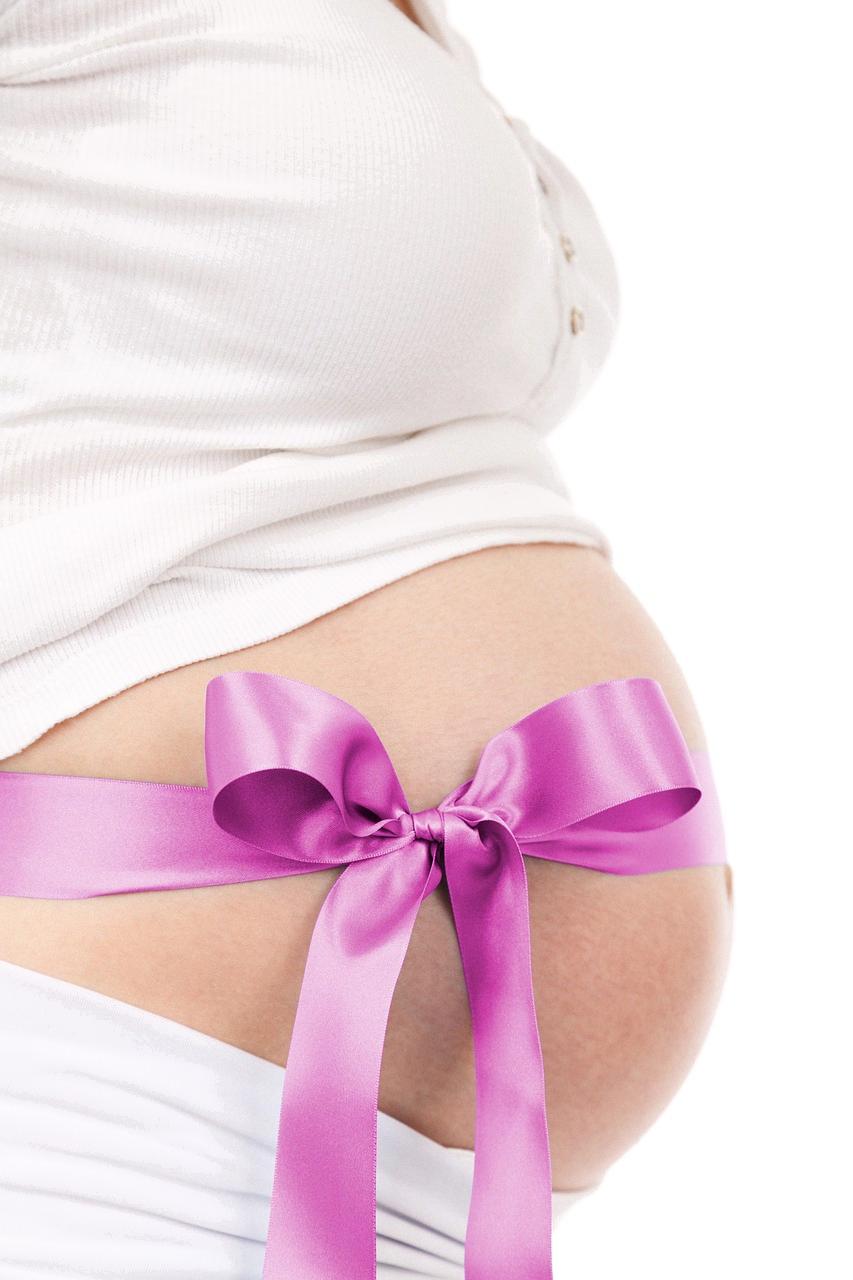When it comes to the safety of our little ones, it’s essential to be vigilant about the ingredients in the products we use on their delicate skin. One such ingredient that has been a topic of discussion in recent years is Phenoxyethanol. This preservative is commonly found in skincare products, cosmetics, and even some vaccines. But is it safe for babies?
Experts advise caution when it comes to using products containing Phenoxyethanol on infants. The American Society of Contact Dermatitis lists Phenoxyethanol as a potential allergen, especially for those with sensitive skin. For babies, whose skin is still developing and more prone to irritation, it may be best to avoid products with this ingredient.
It’s important for parents to be aware of any allergies their baby may have, as some individuals can be allergic to Phenoxyethanol. Reading labels and being informed about the ingredients in the products you use on your little one can help prevent any adverse reactions.
Interestingly, some studies have suggested a potential link between Phenoxyethanol and parabens, another common preservative. It is believed that parabens may enhance the allergic effects of Phenoxyethanol. Therefore, it might be wise to steer clear of products that contain both chemicals, especially for babies and individuals with sensitive skin.
As a consumer, it’s essential to be an advocate for your baby’s health and well-being. If you have concerns about the safety of Phenoxyethanol, consider opting for products that are free from this preservative. There are plenty of natural and organic options available on the market that can help you take care of your baby’s skin without exposing them to potentially harmful chemicals.
Some parents may wonder about the use of Phenoxyethanol in vaccines, as it is a common ingredient in some formulations. While vaccines play a crucial role in protecting children from serious illnesses, it’s understandable to have reservations about the ingredients they contain. If you have concerns about Phenoxyethanol in vaccines, don’t hesitate to discuss them with your pediatrician.
It’s worth noting that the safety of Phenoxyethanol for babies is still a topic of debate in the scientific and medical communities. While some experts believe it is safe when used in small concentrations, others argue that it may pose a risk, especially for infants with compromised immune systems or skin conditions.
When it comes to skincare products for babies, it’s always wise to err on the side of caution. Opting for gentle, natural products that are free from potentially harmful chemicals can help protect your baby’s delicate skin and reduce the risk of irritation or allergic reactions.
Ultimately, the decision of whether to use products containing Phenoxyethanol on your baby is a personal one. As a parent, you know your child best and must make choices that align with your values and beliefs. Trust your instincts and do what feels right for you and your little one.
Remember, the safety and well-being of your baby are paramount. Taking the time to research and understand the ingredients in the products you use can help you make informed decisions that support your child’s health. When in doubt, consult with healthcare professionals or specialists who can provide guidance tailored to your baby’s unique needs.
In conclusion, while the safety of Phenoxyethanol for babies is still a subject of discussion, it’s essential to approach its use with caution. Be mindful of any allergies your baby may have, opt for products free from potentially harmful chemicals, and prioritize gentle, natural skincare options. Your baby’s health and comfort are of the utmost importance, so make choices that prioritize their well-being above all else.

